The environment around us has been severely affected due to human activities and over-ambitious industrial growth. From polluted rivers to choking air pollution and from toxic chemicals to land infected with plastic dumps, there’s vast devastation of nature’s gifts that has happened at the hands of us humans in the name of development, industrialization, and unplanned growth.
For the last few years, there has been less work and more talks regarding climate change and biodiversity conservation. From declining air quality to the disappearance of sparrow birds and several other species, climate change impacts are visible worldwide.
The rising cancer cases and other life-threatening diseases signal that climate change is no good for living beings. The situation is only getting worse. What can we do for the environment and ecosystem as individuals apart from blaming the governments for their work?
National and International organizations worldwide have come together to decide on some goals that they intend to meet to reduce their carbon print and shift to more environment-friendly energy sources. However, the fight against climate change is not just for the governments but also for the citizens. There are few things that we can do daily to help the environment.
Saying No to Single-Use Plastics:
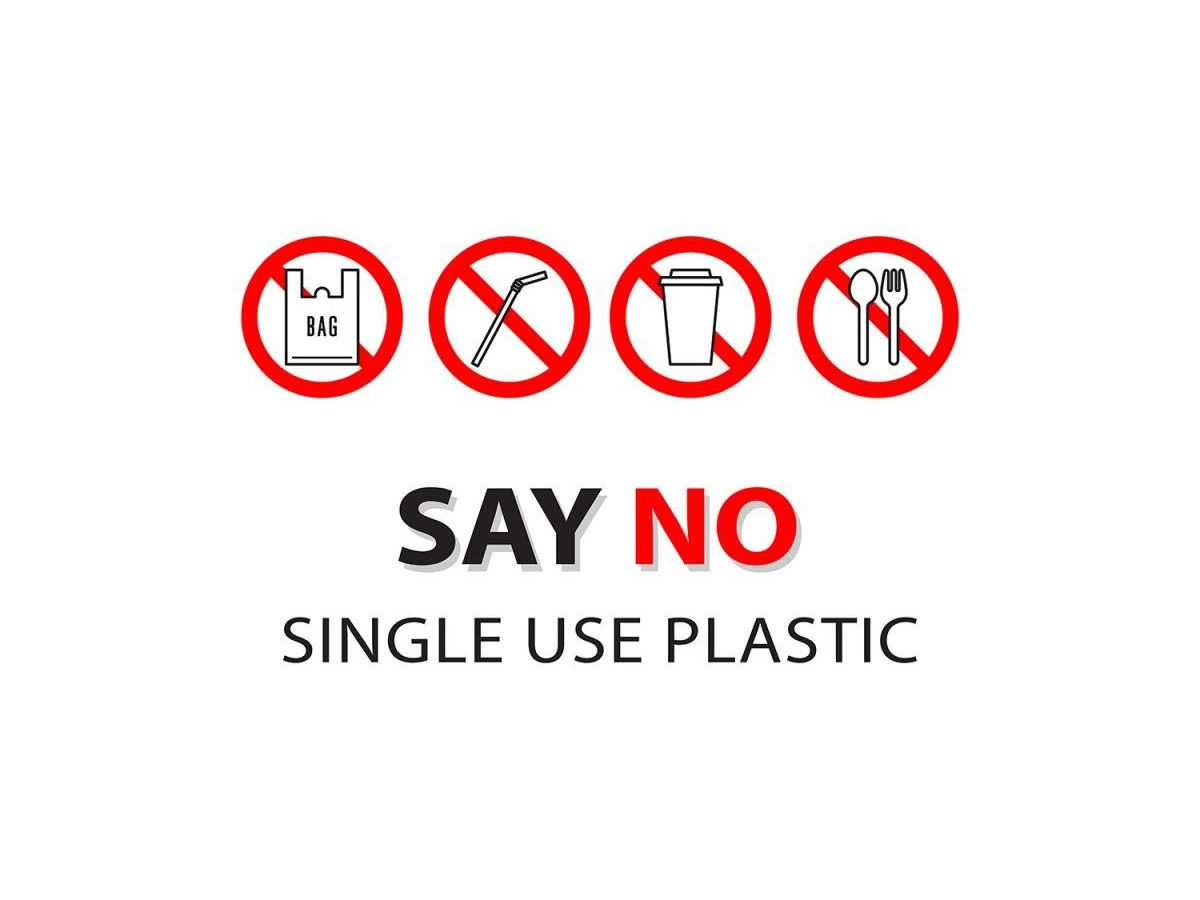
Since school time, we have been taught that plastic is one of the most harmful elements for the environment. One big disadvantage of using plastic materials is that it doesn’t decompose. But there are several ways the circulation of plastic can be restricted. One sure way to do it is by recycling and using multi-use plastics. Saying no to the use of single-use politics could help the conservation of the environment. From plastic straws to bottles and plates, there are millions of tonnes of plastic that end up along the beaches, landfills, and dumps. If every individual starts using recyclable plastic products, it will do wonders for the environment.
Adopting Chemical-Free Gardening:
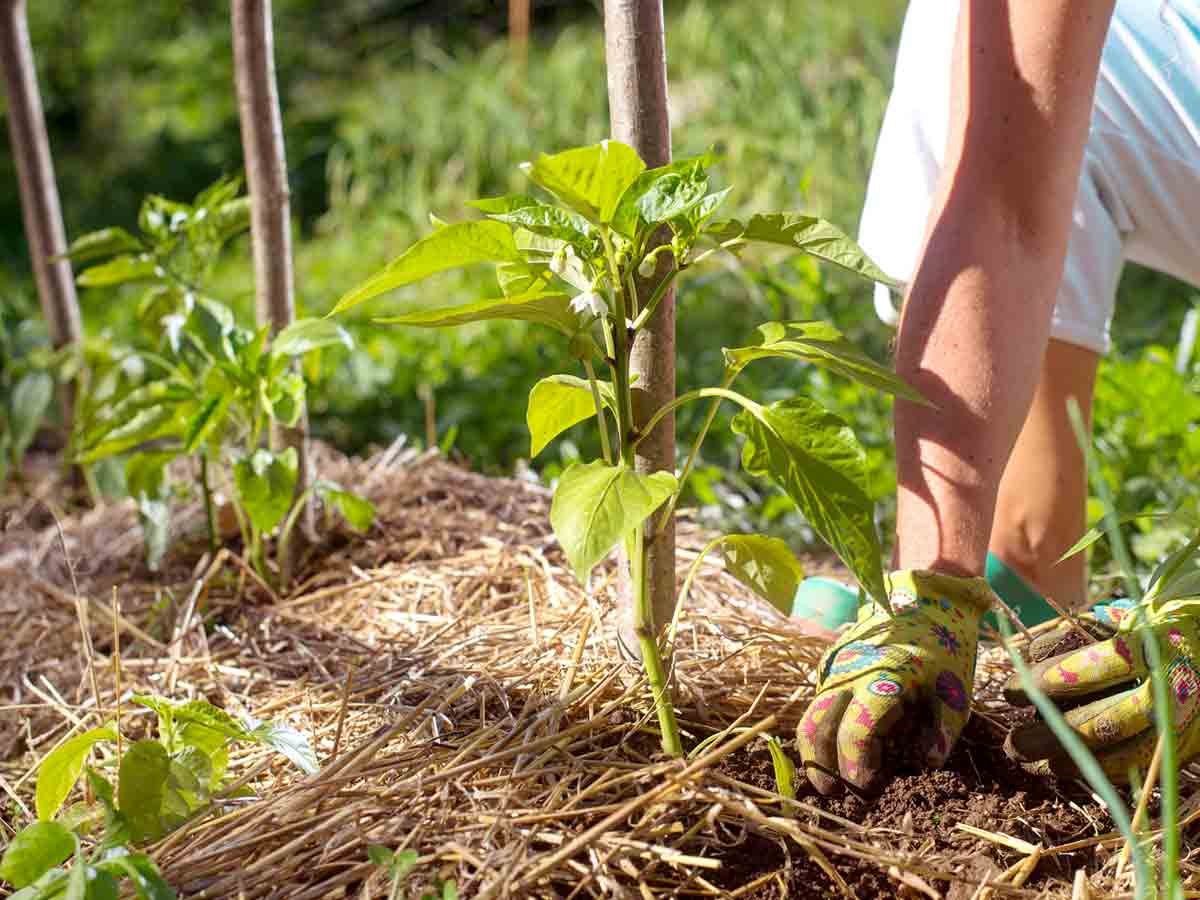
Whether it is gardening or farming, there’s a vast range of chemicals and fertilizers used to increase the produce or get rid of insects. While the use of chemicals helps meet short-term targets, it is harmful to the soil and living beings. Talking of gardening, creatures like butterflies, moths, and insects that help in pollination are dying. Their population is declining due to chemicals. This has led to a disbalance in the ecosystem. Avoiding the use of chemicals can act like hitting an undo button to all the damage that has been done.
Go Organic:
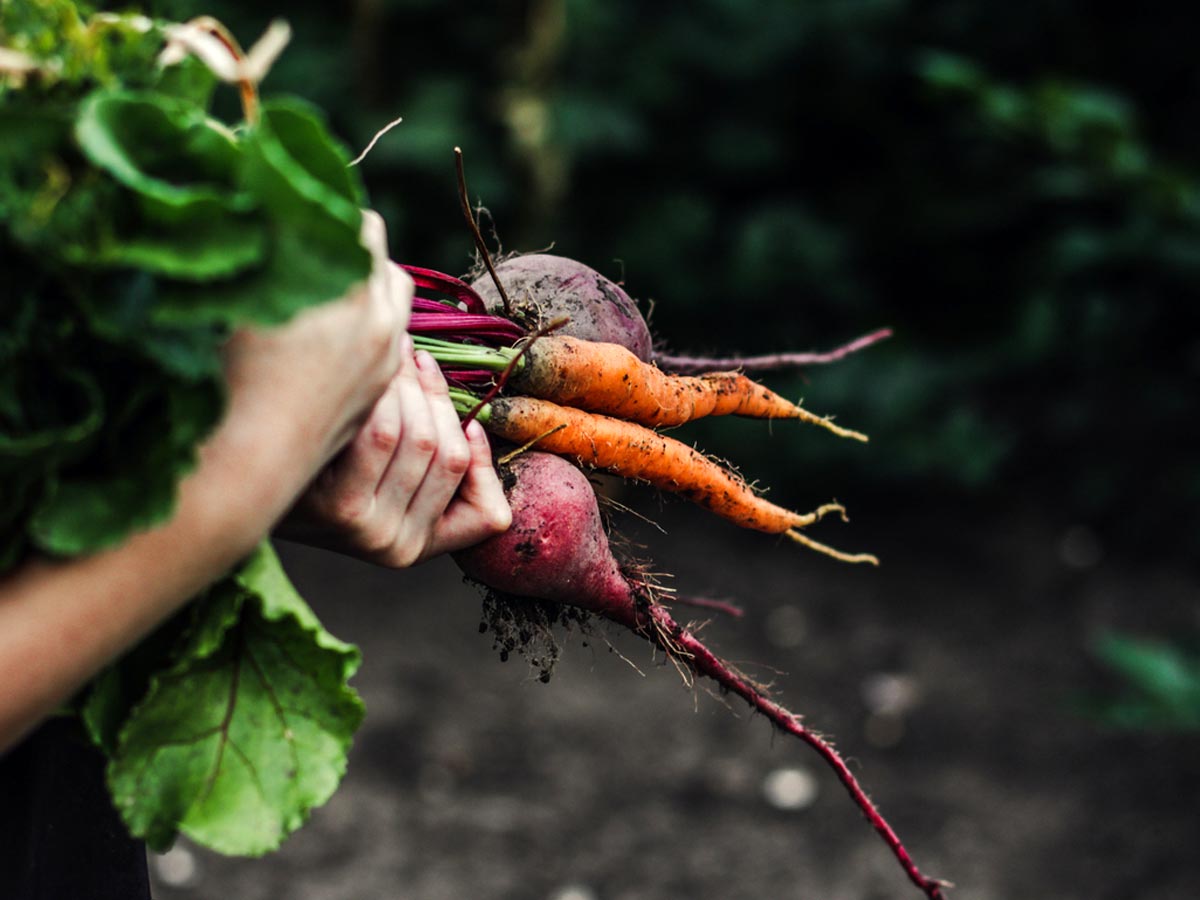
The vegetable and fish markets across the world are loaded with chemically grown produces. Chemicals like fertilizers are used to boost growth, and many other types of chemicals are used by large-scale farmers. This is made to meet the market demands. Still, the downside of this is that consuming chemical-laden fruits and vegetables is very problematic in the long turn. How can we deal with this? The answer is simple. Go for Organic farming. Several states like India’s Sikkim have turned fully organic. Organic products will not only help in reducing the cases of deadly diseases like cancer but also help in reducing carbon footprints.
Reuse and Recycle:
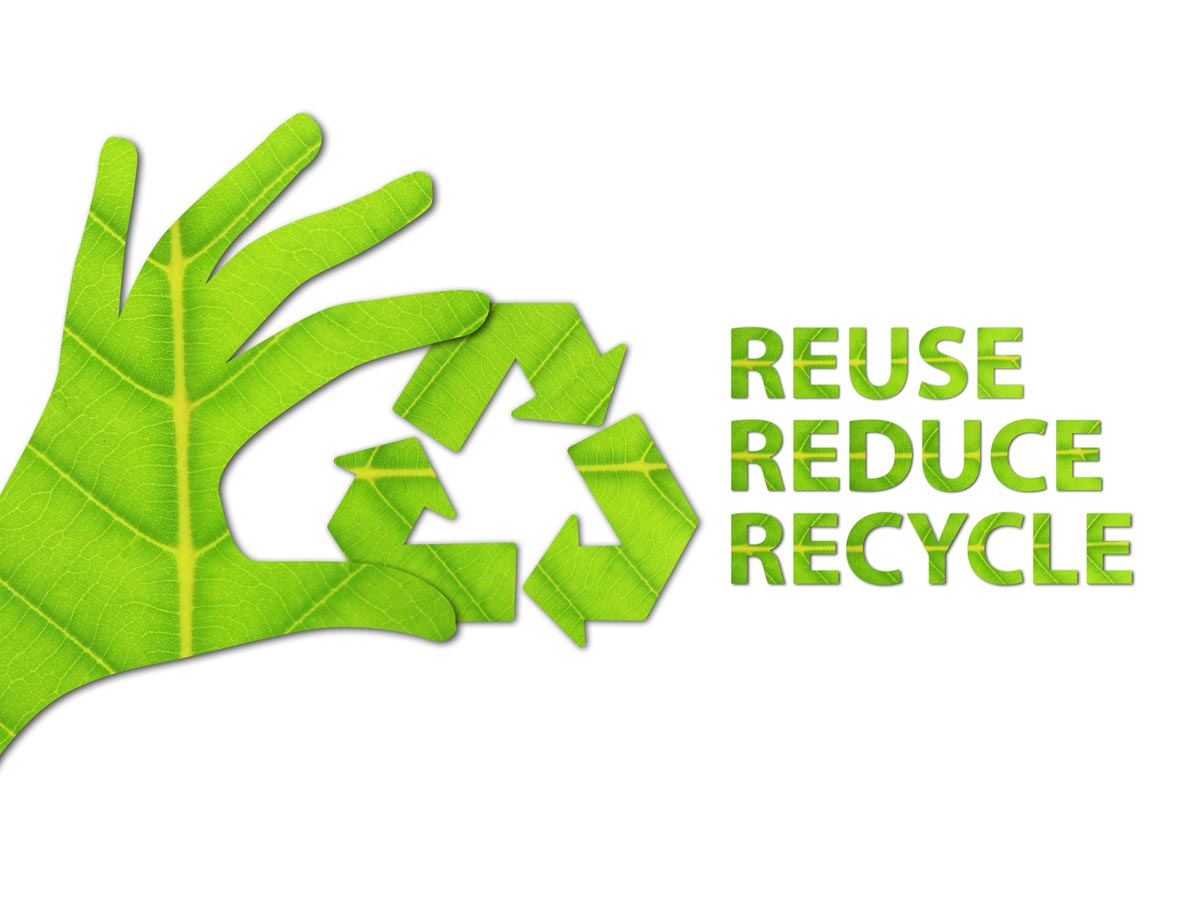
The two Rs are key pillars to climate conservation. For non-recyclable products like plastic, it is important to go for reusable and recycled products. It is one of the ideal ways to cut down on waste. It is also a proven way of saving natural resources and energy. Reuse and Recycle products are available across supermarkets and markets worldwide. The sooner people start adopting the reuse and recycling strategy, the better it will be for the environment.
Reading Carbon Footprint:
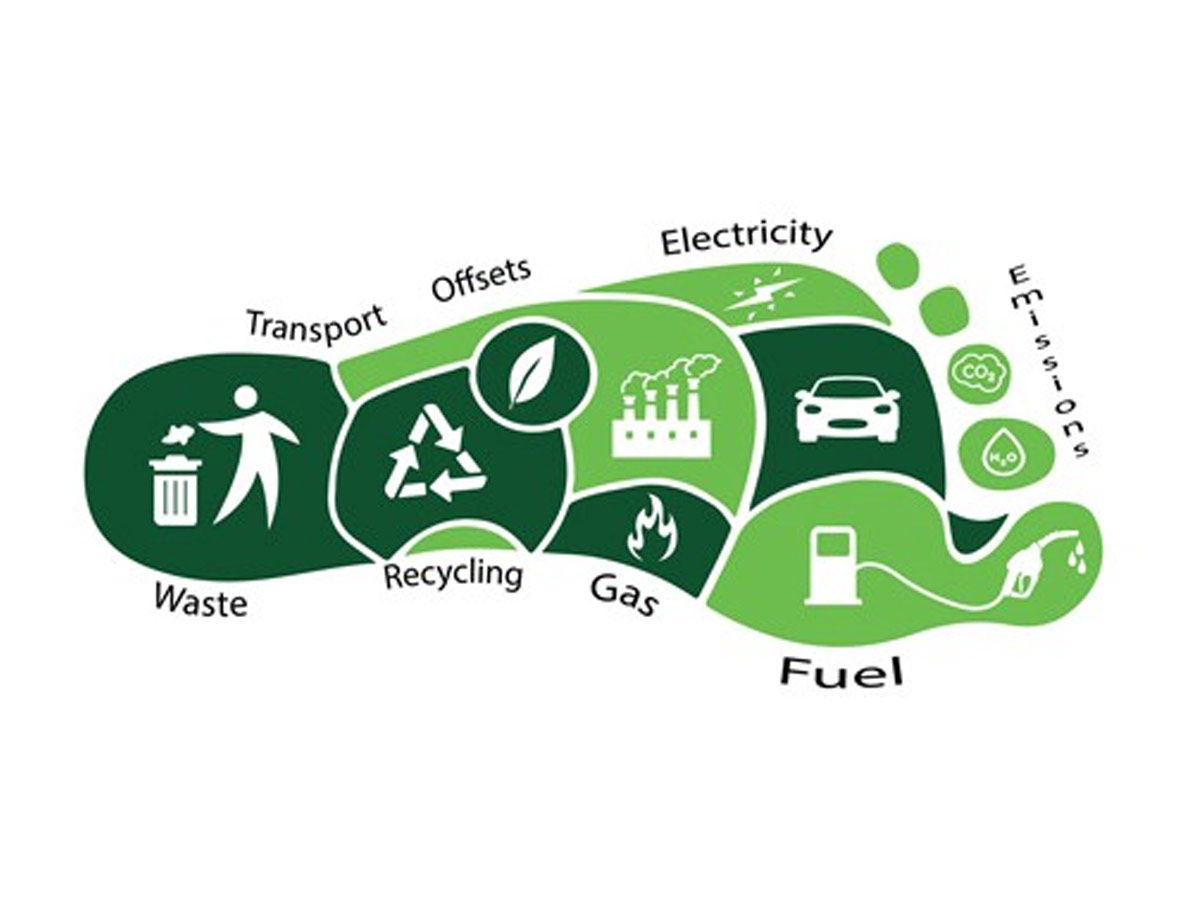
Several countries in the West have pledged to reduce their carbon footprint to an almost negligible quantity. Countries like Japan, New Zealand, and India have also made similar commitments and the Paris Climate Agreement. Several such agreements have been made to make this a greener and cleaner world. How can we contribute to this? More use of public transport, walking or going out on bicycle instead of car or motorbike when traveling to a short distance and shifting to electric vehicles are some of the ways you can reduce your carbon footprint daily.
Contributing to Wildlife Conservation:
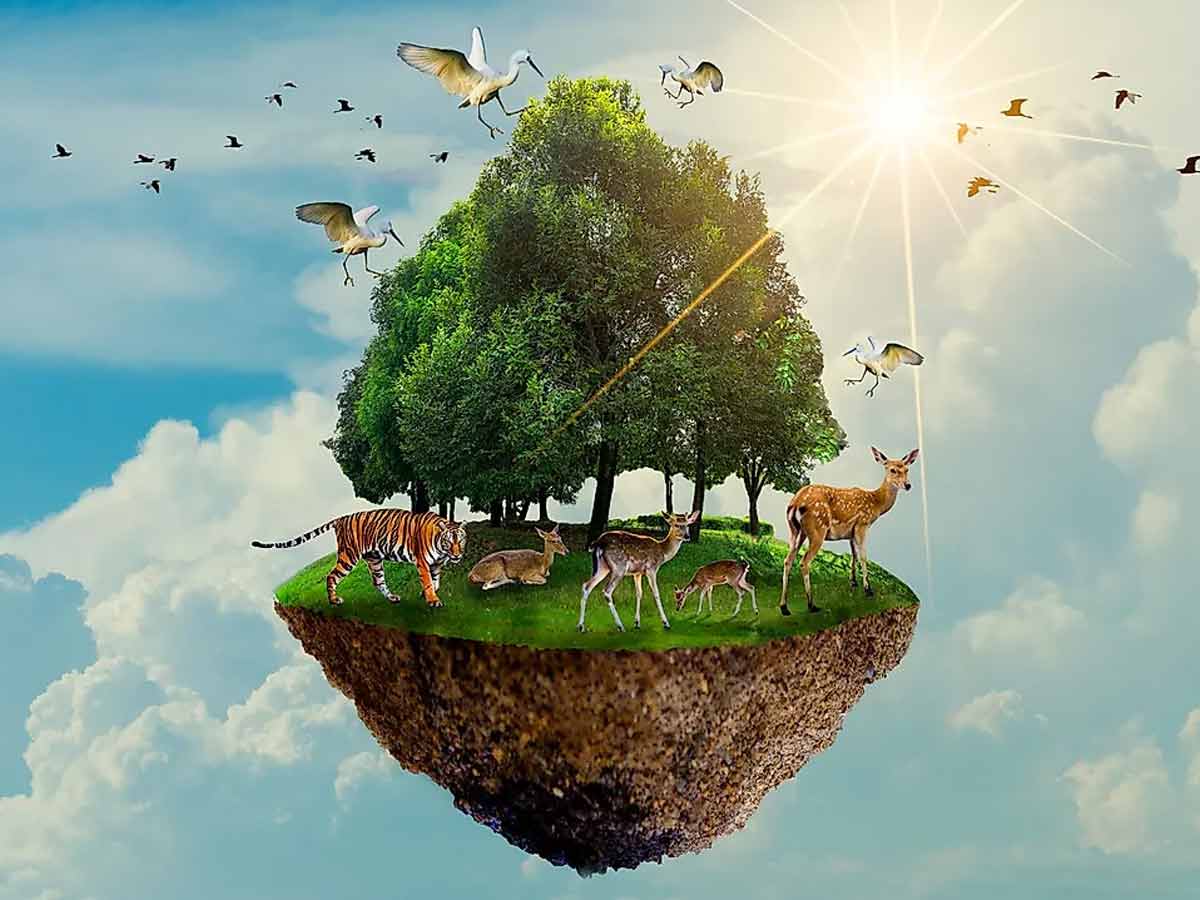
Hundreds of species have either become extinct or have been labelled endangered due to climate change, cutting down forests for industrial development, or poaching. You can join hands with NGOs or wildlife conservation bodies to do something for preserving wildlife. You don’t need to directly step into the forest. You can start by feeding the dog outside your street. Use social media to develop your own community of people who can help you in preserving other beings.
Keeping Your Surroundings Clean:
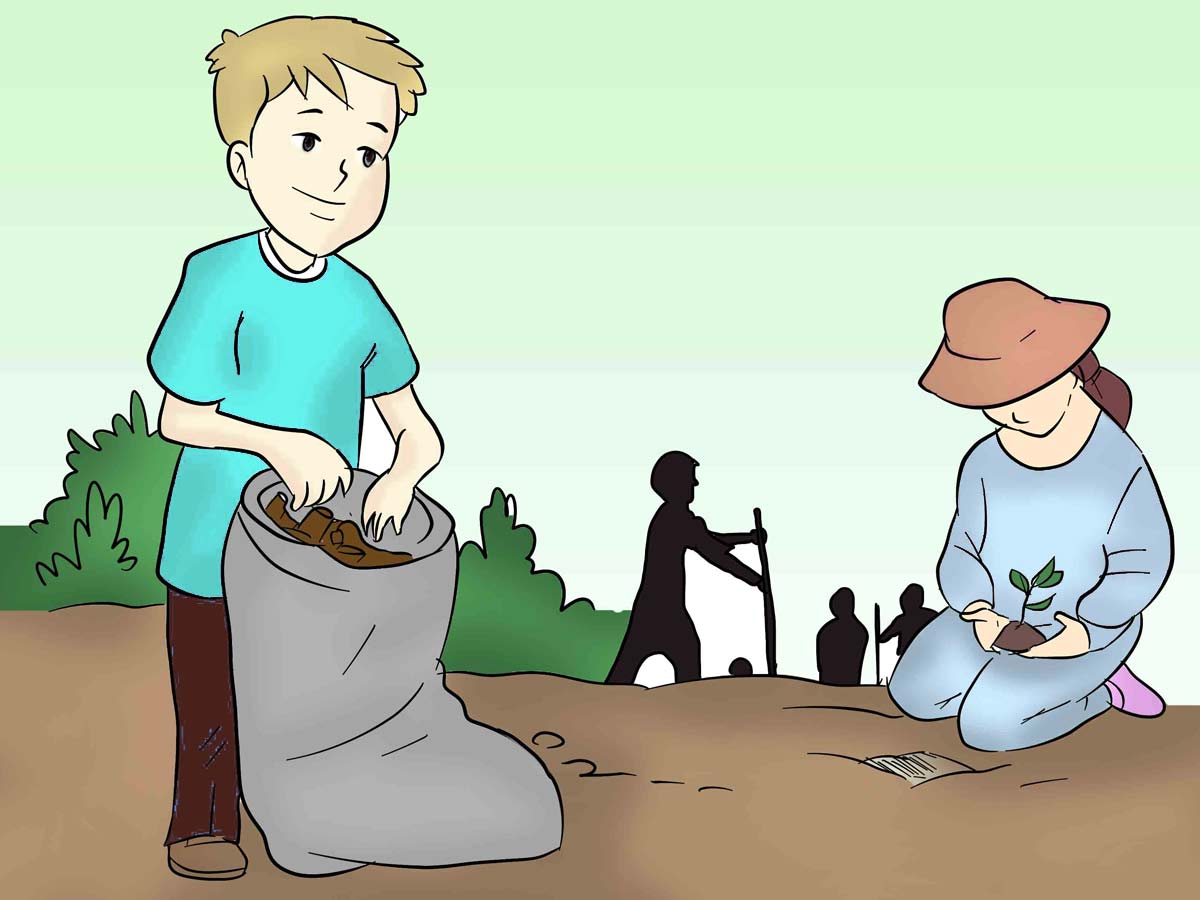
Cleanliness has been a constant issue for governments around the world. Keeping your surroundings clean and throwing the waste inside the dustbin is the least you can do for your environment and the ecosystem. Throwing waste in the open adds to the administration’s woes that work hard to get rid of litter in the open. A clean surrounding is the responsibility of not just the concerned authorities but also the people living there.
























